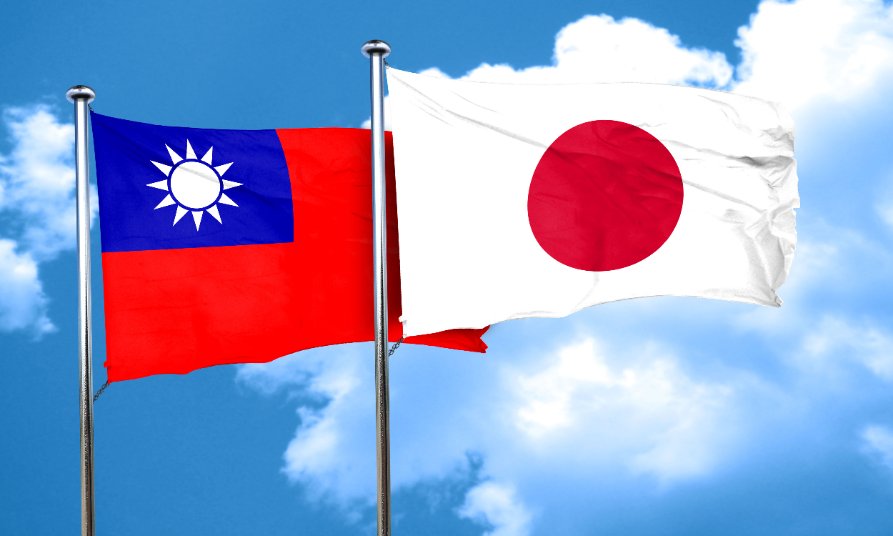Will Japan Defend Taiwan?

Will Japan Defend Taiwan?
Introduction: The Question of Defending Taiwan
In the increasingly complex geopolitical landscape of East Asia, the question “Will Japan Defend Taiwan?” has gained significant attention. While Japan is a major regional power, it has not engaged in any official agreements or training directly related to defending Taiwan. The intrigue surrounding this question is a reflection of the evolving dynamics in the region and Japan’s unique position within it.
Historical Context: Japan’s Post-War Constitution
Following World War II, Japan adopted a pacifist constitution, which largely prohibits the use of force in international disputes. The Japanese Self-Defense Forces (JSDF) are oriented towards defending Japan itself and are not traditionally involved in external alliances or commitments to defend other countries.
Current Policies: Lack of Agreements
At present, Japan does not have any agreements with Taiwan or major allies like the USA that specifically obligate it to defend Taiwan. While Japan has significant economic ties with Taiwan and the two share democratic values, the absence of official defense agreements places Taiwan outside the scope of Japan’s defense obligations.
The U.S. Factor: Japan’s Closest Ally
Japan’s relationship with the United States, its primary military ally, does not encompass a commitment to defend Taiwan either. While the U.S. has an interest in Taiwan and has been somewhat ambiguous about its stance, Japan’s alignment with the U.S. does not necessarily translate into a commitment to Taiwan’s defense.
Regional Concerns: China’s Growing Influence
China’s assertiveness in the region and its claim over Taiwan add complexity to Japan’s stance. Any Japanese commitment to defend Taiwan could provoke tensions with China. Thus, Japan’s strategic considerations likely involve maintaining a delicate balance to ensure regional stability.
Domestic Politics: Public Opinion and Government Stance
Domestic politics in Japan also play a significant role in shaping its foreign policy. Public opinion, political leadership, and internal debates may influence Japan’s posture regarding Taiwan. The lack of public demand or political will to engage in Taiwan’s defense further emphasizes the current non-committal stance.
Okinawa: A Strategic Pivot in the Balance
Okinawa, home to a significant U.S. military presence, stands as a vital strategic point in the Western Pacific. The base is instrumental for U.S. military operations in the region and would play a crucial role should tensions escalate around Taiwan. Given this pivotal role, any conflict involving Taiwan could have direct repercussions for Okinawa and, by extension, Japan. An assault on Taiwan could lead potential adversaries to view Okinawa as a vital target, either to neutralize the U.S. military capabilities there or as a means to pressure both the U.S. and Japan. Consequently, while Japan might not be directly involved in defending Taiwan, its hosting of the U.S. base in Okinawa intertwines its fate with regional developments, making the island a potential flash point in broader East Asian dynamics.
Conclusion: Indirect Implications and Japan’s Role
Japan’s relationship with Taiwan, as it stands, is void of formal defense commitments or explicit plans for intervention. However, the presence of the U.S. base in Okinawa complicates this dynamic. Given Okinawa’s strategic significance to U.S. operations in the region, Japan becomes an indirect participant in any larger conflict involving Taiwan. While Japan may not take active steps to defend Taiwan, it cannot remain entirely detached from regional tensions due to its intertwined fate with U.S. military strategies. This situation underscores the importance of diplomatic efforts and regional collaboration to maintain stability and prevent the escalation of tensions in East Asia. Future policies of Japan will need to balance its constitutional commitments, regional realities, and the undeniable implications of its military bases’ locations.










